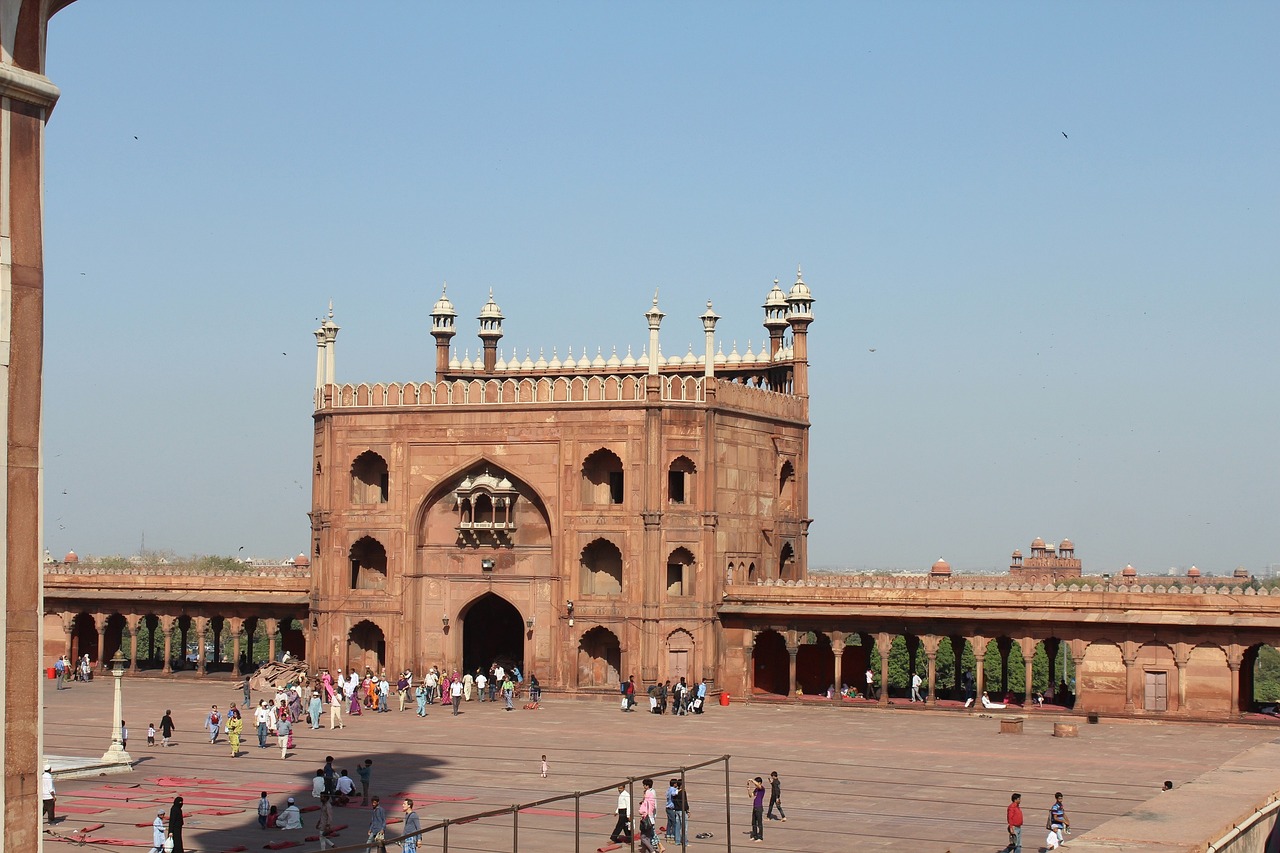Investigating the role of conspiracy theories in election narratives
Election conspiracy theories have been around long before the digital age, tracing back to the early days of politics. The seeds of doubt and skepticism in election processes were planted by those who sought to question the legitimacy of results and undermine public trust in the electoral system. With each passing election, new experiences and events fueled the fire of suspicion, leading to the proliferation of various conspiracy theories across different cultures and nations.
In the age of social media and instant information sharing, the origins of election conspiracy theories have taken on a new dimension. The speed and reach of online platforms have allowed these theories to spread like wildfire, reaching a global audience within seconds. The interconnected nature of the digital world has provided a fertile ground for the growth and evolution of election-related conspiracies, making it easier for misinformation to take root and for doubts to be sown in the minds of voters worldwide.
Understanding the Spread of Election Conspiracy Theories
The spread of election conspiracy theories can be attributed to a myriad of factors, including the ease of dissemination through social media platforms and the proliferation of misinformation. These theories often tap into existing fears and suspicions, gaining traction among individuals seeking alternative narratives to explain election outcomes.
Additionally, the spread of election conspiracy theories is fueled by a lack of trust in mainstream media and public institutions. As skepticism towards traditional sources of information grows, people may turn to conspiracy theories as a way to make sense of complex political events and developments. This environment of distrust creates fertile ground for the rapid spread of unfounded claims and speculations surrounding elections.
The Impact of Election Conspiracy Theories on Public Perception
When election conspiracy theories gain traction within the public sphere, they can have a profound impact on how individuals perceive the legitimacy of the electoral process. These narratives often sow seeds of doubt and skepticism, leading to a decrease in public trust towards electoral systems and institutions. As doubts about the fairness and transparency of elections grow, it can erode the foundation of democracy by fostering a sense of disillusionment among citizens.
Furthermore, the spread of election conspiracy theories can polarize society, creating divisions among the population based on differing beliefs about the integrity of the electoral process. This polarization can lead to increased social unrest, heightened tensions, and a breakdown of civil discourse. When individuals subscribe to extremist or unfounded conspiracy theories, it can contribute to a sense of chaos and instability, undermining the solidarity necessary for a functioning democratic society.
What are some common origins of election conspiracy theories?
Some common origins of election conspiracy theories include misinformation spread by political figures, discontent with election results, and the influence of social media.
How do election conspiracy theories spread among the public?
Election conspiracy theories can spread through social media platforms, mainstream media coverage, word of mouth, and online forums where individuals discuss and share their beliefs.
What impact do election conspiracy theories have on public perception?
Election conspiracy theories can erode trust in the electoral process, undermine confidence in democracy, fuel division among the public, and lead to increased polarization and unrest.
How can individuals combat the spread of election conspiracy theories?
Individuals can combat the spread of election conspiracy theories by fact-checking information before sharing it, engaging in respectful dialogue with those who hold different beliefs, and promoting critical thinking and media literacy.







